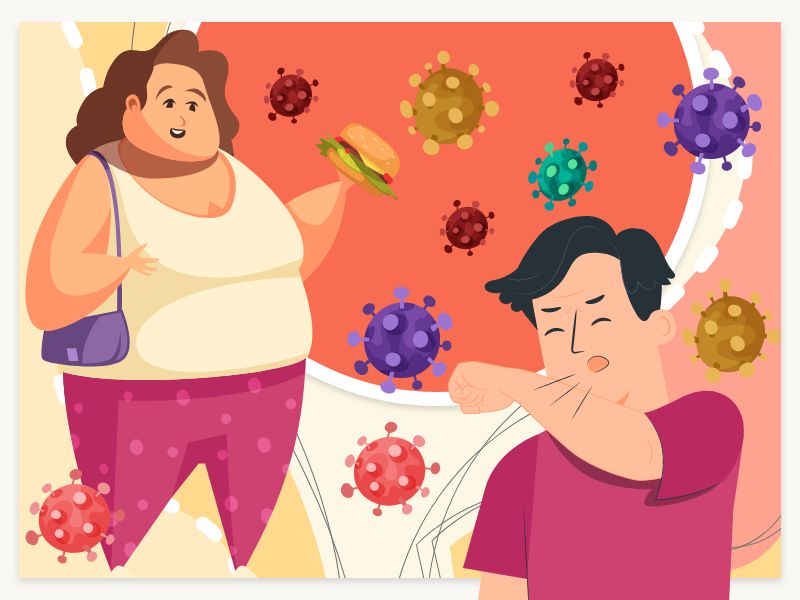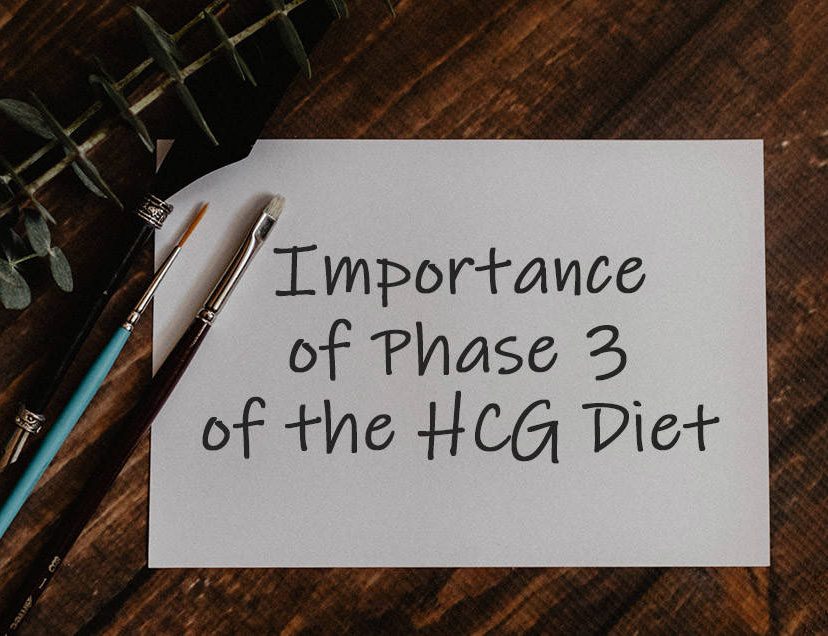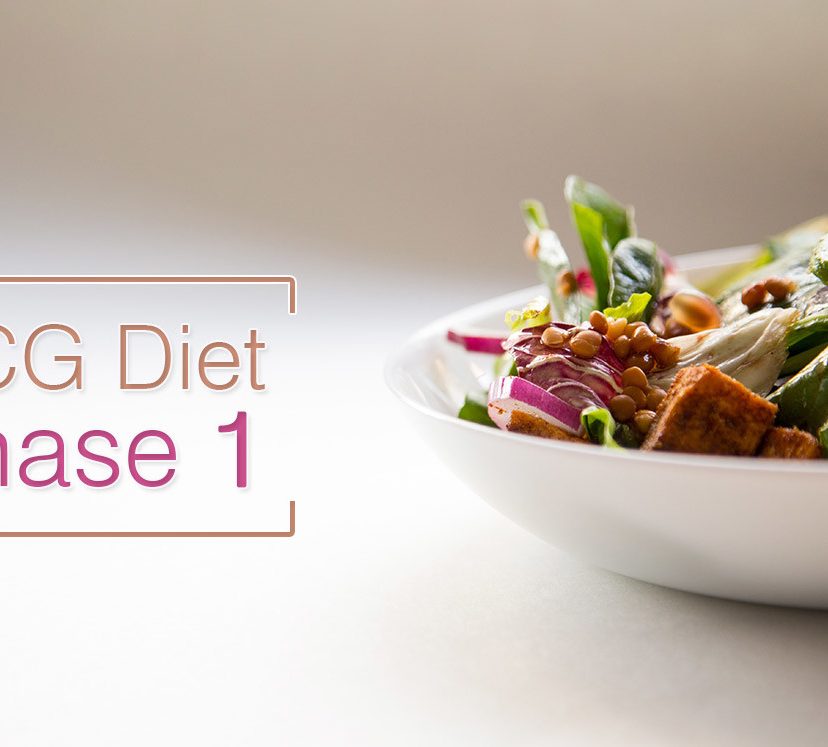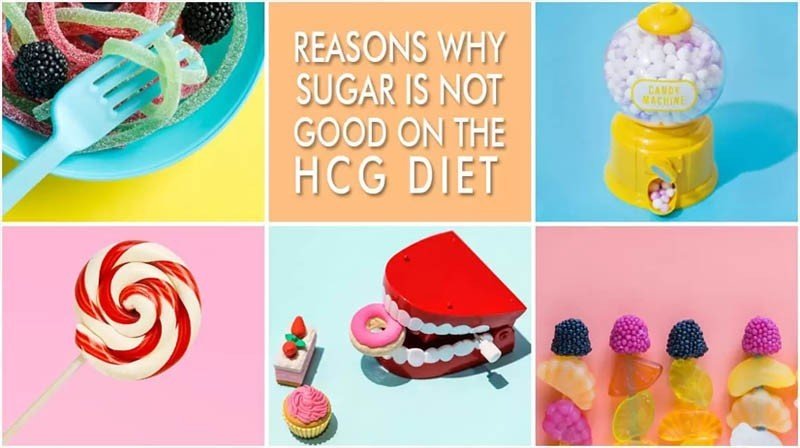Proteins on the HCG Diet
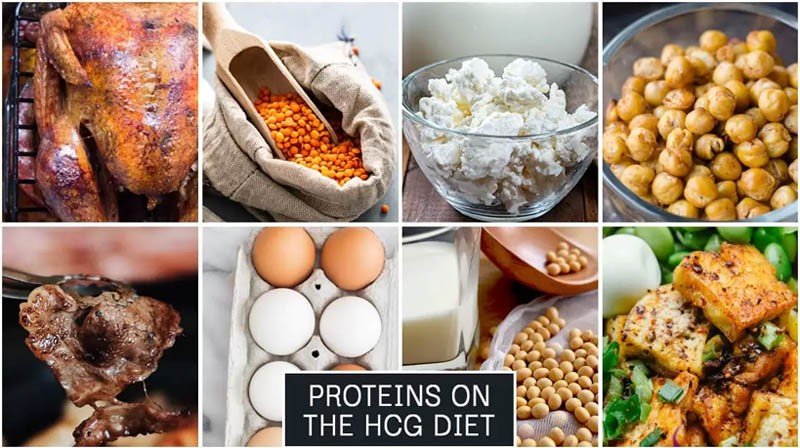
Most of the calories you’ll need come from protein-the very lean one such as shellfish, very lean red meat, and white meat poultry.
Why is protein so important on the HCG diet?
The basic of protein
Protein is an important component of every cell in the body. It’s made up of sub-unit called amino acids and they do a ton of works in your body. Your body needs protein to repair and build tissues. When you eat foods rich in protein, your digestive system breaks down the proteins into amino acids which are then used by your body to make hormones, enzyme, and other body chemicals. Protein is also an important building block of your muscles, bones, blood, cartilages, and skin.
Protein and Muscle Development on the HCG Diet
One of the famous roles of protein is in building your muscle. When you work-out, you purposely tear your muscle to make them stronger but how you build your muscle and make them stronger without protein?
That’s when protein comes in. You need protein in your HCG diet not just to build your muscles but to make them tougher and bigger even when you are on a very low calorie diet.
Protein and weight loss
A protein-rich diet can be your solution to weight loss. It is the single most important nutrient for weight loos and better looking body. Going on a high-protein diet can help you tamed your hunger. This can help you lose weight. Protein and make you feel fuller than fats and carbohydrate especially during phase 2 of the HG diet. With protein in your diets, you won’t have to feel hungry for a longer period of time. This gives you another line of defense against eating sugar-rich and carbohydrate-rich foods like your favorite ice cream or the donuts on the coffee shop.
How protein helps you lose weight?
Proteins can help you lose weight and stubborn belly fats via different mechanisms.
- Protein helps burn calories
Protein has higher thermic effect compared with carbs and fats. When you eat, some of the calories are used for the purpose of digesting and metabolizing the foods you eat. A high amount of calorie intake can boost your metabolism and increase the amount of calories burn from 80 to 100 calories a day.
- Protein enacts thermogenesis
Eating protein-rich foods also enacts thermogenesis in your body which results in a smaller net gain in carbs and a smaller net gain in weight. During thermogenesis, more carbs are used to break down protein-heavy foods than fats or carb-heavy foods.
- Protein changes the level of your regulating hormones
Higher protein intake increases the level of satiety hormone or the appetite-reducing hormone. At the same time it reduces the levels of ghrelin or the hunger hormone.
- Protein reduces your appetite
Protein reduces your hunger level which can automatically cause you to eat fewer calories without consciously controlling your portions. Proteins at 30% can make you drop up to 441 calories per day. That means to say, high protein diet will not only increase your metabolism but it will help suppress your appetite.
- Protein can cut your cravings for late nigh snack
Protein can greatly affect your cravings and your desire to snack at night. Studies have shown that proteins at 25% can reduce cravings by 60%. It can also cut your desire for a late night snack.
- Proteins help prevent muscle loss
High protein intake along with strength trainings are important components to effectively remove stored fats without compromising your muscles. Without these, you will actually lose muscle and could end up looking skinny-fat rather than fit and lean.
How much protein do you need to lose weight?
Whatever your diet is, it’s important to get enough protein. The typical recommended daily protein intake is based on your weight and your activity level. Dieters who exercise at a moderate level should have one-half to three quarters of gram of protein per body weight. If your weight is 150 pounds, you need to eat between 75 to 112 grams of protein a day. Now, if you are on a diet and wanted to lose weight, you need to have a higher protein intake. You need to have between 90 grams to 150 grams of protein a day. This is very effective in helping your lose weight while keeping you from losing your muscles and fat.
Have your protein at regular intervals. Divide your daily intake into three main meals: breakfast, lunch and dinner. If you are doing some heavy workout, consider adding another 50 grams of protein before going to bed to help repair your muscles.
It’s also important that you count your protein intake. Keep in mind that on ounce of chicken, weighs about 28 grams contains 9 grams of protein. If you are aiming for about one-quarter of your average daily need you need to eat 3 ounces of chicken to deliver 27 grams of protein.
3 ounces of lean beef, turkey or fish = 27 grams of protein portion
¾ cup of cottage cheese = 27 grams of protein portion
7 ounces of plain Greek yogurt =27 grams of protein portion
Best sources of protein include:
- Tofu
- Soy
- Eggs
- Lean meat
- Whole grains
- Legumes
- Nuts and seeds
How much protein are you getting?
Here’s how many grams of protein each food contains:
- 3 ounces of tofu= 9 grams
- 3 ounces of fish fillet=17-20 grams
- 2 tablespoon of peanut butter= 7 grams
- 2 tablespoon of almond= 6.7 grams
- ½ cup kidney beans=7.7 grams
- 1 ounce of almond= 6 grams
- 1 large egg=6 grams
- 4 ounces of soy milk= 5 grams
- 4 ounces of yogurt= 6 grams
- 4 ounces of low-fat milk= 4 grams
- 3 ounces of skinless chicken= 26 grams
- ½ cup cooked lentils= 9 grams
- ½ cup low-fat cottage cheese= 14 grams
Proteins on the HCG Diet
You are allowed to eat 7 ounces or 200 grams of leanest proteins on phase 2 of the HCG diet. You should divide these equally for lunch and dinner. To make sure your protein portion on each meal isn’t too large, measure them all raw before cooking them. See to it that you have trimmed all visible fats. You can either boil them or grill them without adding fats and oil. Use the leanest meat as possible. Avoid fish like an eel, tuna, salmon, herring and dried or pickled fish.

